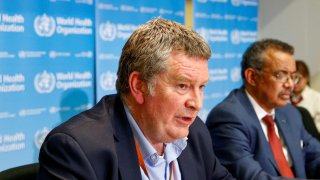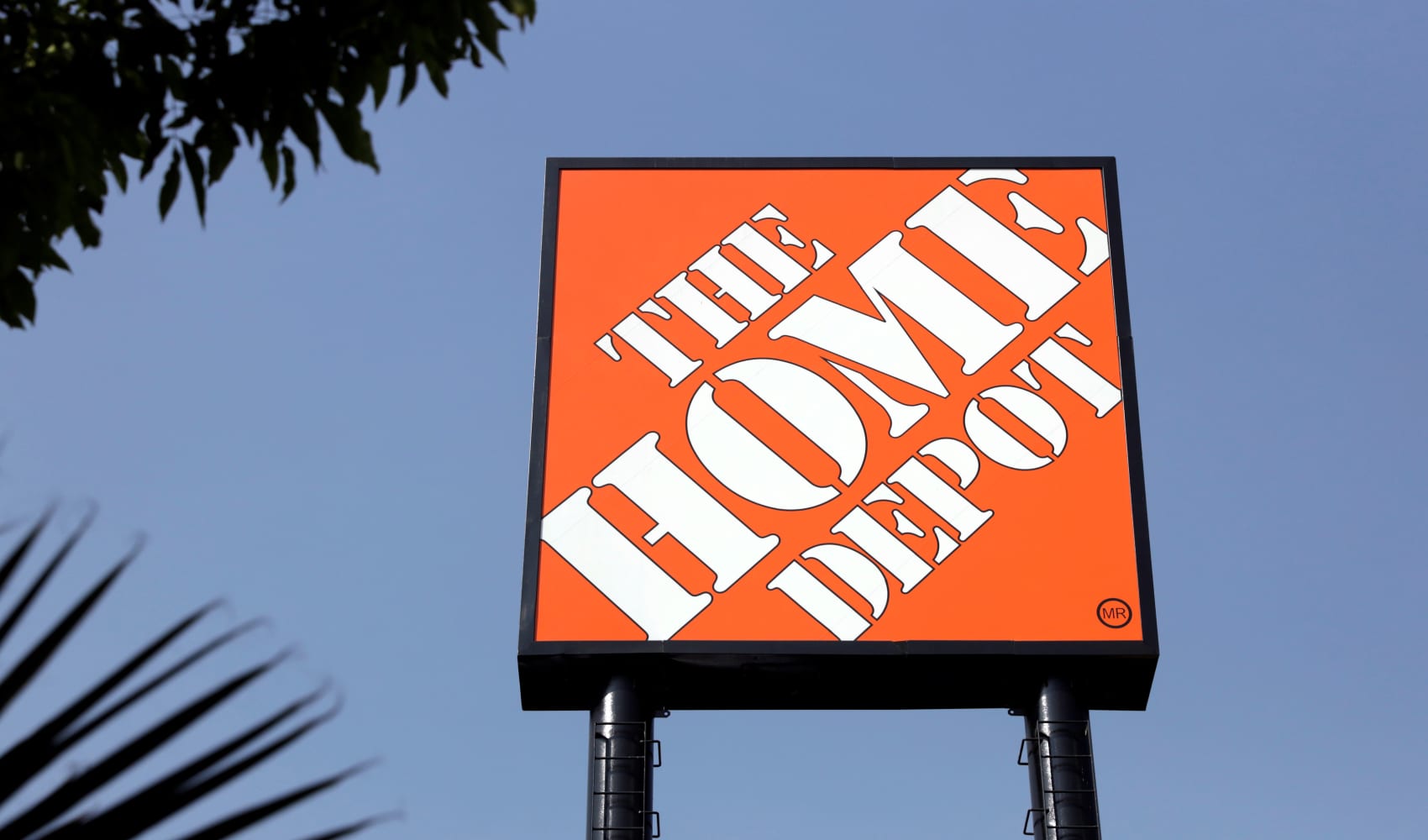
- Developing and approving a vaccine is like arriving at base camp on Mount Everest, WHO's Dr. Mike Ryan said. "We still have to climb the mountain."
- Countries will also need to "create the demand" for the coronavirus vaccines among their populations, Ryan said.
- The WHO's comments come as the U.K. became the first country to authorize the vaccine from Pfizer and BioNTech for emergency use.
Approving a coronavirus vaccine is only the first step toward suppressing the pandemic, as countries race to build distribution networks to deliver the doses to their populations, World Health Organization officials said on Wednesday.
The U.K. earlier Wednesday became the first country to authorize the vaccine from Pfizer and BioNTech for emergency use, paving the way to begin inoculating its population as early as next week. In the U.S., Pfizer and Moderna have now applied for emergency authorization from the Food and Drug Administration for their vaccines, which could be given the green light in just a few weeks.
But developing and approving a vaccine is like arriving at base camp on Mount Everest, Dr. Mike Ryan, executive director of the WHO's health emergencies program, said during a livestreamed Q&A session from the agency's Geneva headquarters.
"We still have to climb the mountain," he said. "It's a great achievement, but we still have to get there."
Once the vaccines are authorized, there will only be a limited number of doses available, and countries will face challenges trying to safely deliver them to nearly 8 billion people across the globe, he warned. Many of the leading vaccines, such as those from Pfizer, Moderna and AstraZeneca, require two doses at differing intervals, and Pfizer's vaccine requires an ultra-cold storage temperature of minus 94 degrees Fahrenheit.
"We need to develop more vaccines," WHO's Ryan said. "We need to increase production. We need to pull the price down. We'd love a one-dose vaccine, because all the vaccines so far are two doses."
Money Report
Countries will also need to "create the demand" for the vaccines among their populations, Ryan said. In the U.S., White House coronavirus advisor Dr. Anthony Fauci has said that it could be "a real problem" to convince some skeptical people to get vaccinated. Meanwhile, some EU lawmakers have expressed concern about the U.K.'s decision to authorize Pfizer's vaccine.
"If you're offered a vaccine, it's not just for you," Ryan said, encouraging people to take time over the holidays to learn about the benefits and risks associated with vaccines.
"You're a tree in the forest. If you don't burn down, the rest of the forest doesn't burn down. Your responsibility in this is not just to yourself, it's to your community," he said.
Moncef Slaoui, chief science advisor for the Trump administration's Operation Warp Speed, told The Washington Post in a livestream interview on Tuesday that there should be enough supply of vaccines for the global population by early to mid-2022.
However, it's going to take more than the six vaccines the U.S. has in its portfolio to build that supply, Slaoui said. As of a Nov. 12 report from the WHO, 48 vaccines were in clinical trials and a total of more than 200 were under development globally.
The WHO is working alongside the Gavi vaccine alliance and the Coalition for Epidemic Preparedness Innovations, or CEPI, to manufacture and deliver 2 billion doses of vaccine by the end of next year.
"It's not just the vaccines that matter, it's vaccination," Ryan said. "It will be very important that we focus on that delivery part."






